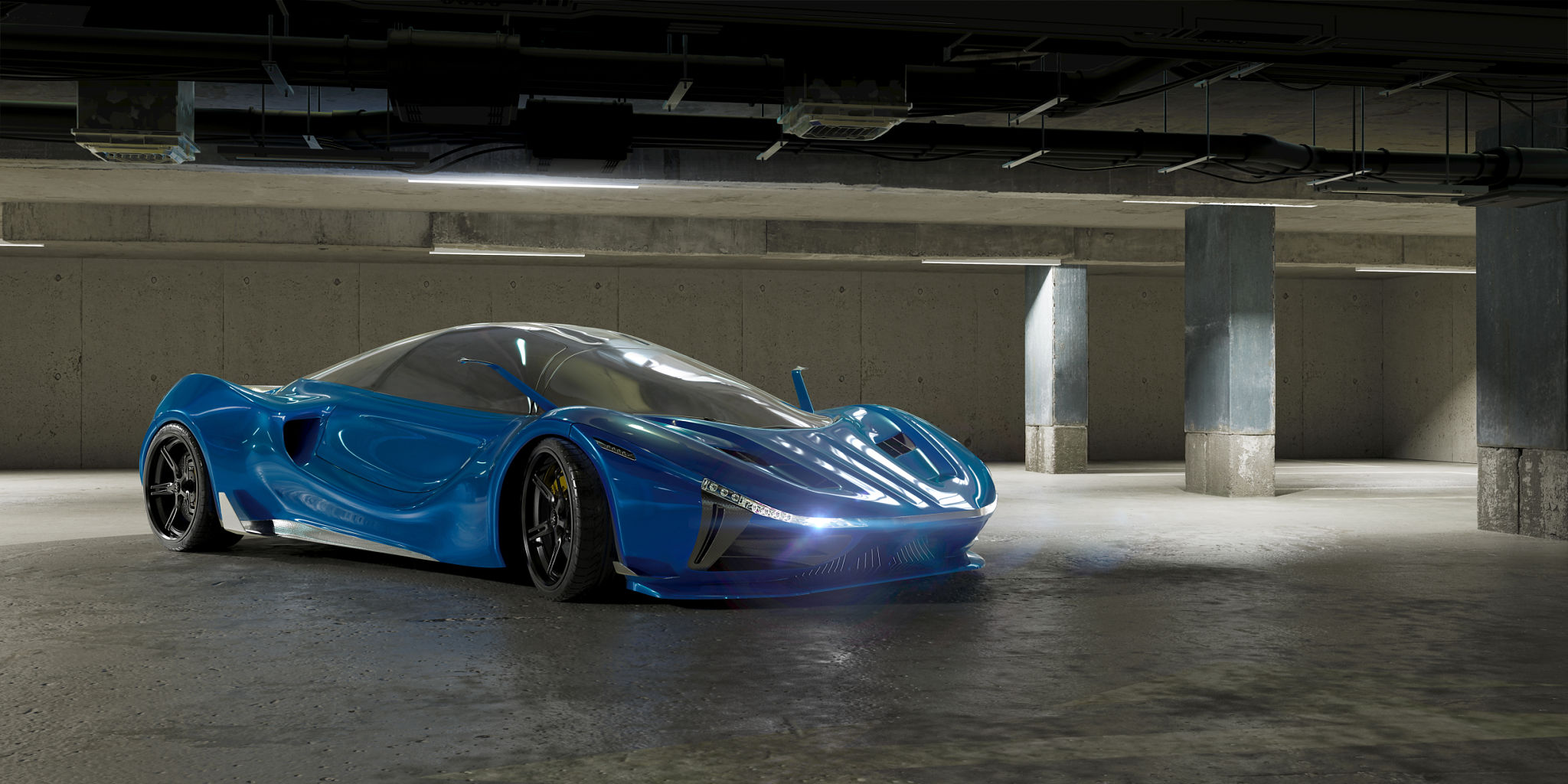How to Choose Between Leasing and Buying a Luxury Vehicle
Understanding Your Needs
When deciding between leasing and buying a luxury vehicle, the first step is to understand your personal needs and preferences. Are you someone who enjoys driving the latest models, or do you prefer owning a car for a longer period? Your lifestyle and financial situation will largely influence your decision.
If you like to change vehicles frequently and crave that new-car feel every few years, leasing may be the better option for you. On the other hand, if you’re looking for long-term investment and don’t mind keeping a car for several years, buying could be more suitable.

Financial Considerations
One of the most significant factors in making this decision is your financial situation. Leasing often requires a lower initial down payment compared to buying. Monthly lease payments are usually lower than loan payments because you’re paying for the vehicle's depreciation during the lease term rather than the entire purchase price.
However, buying a car means you will eventually own it outright, which can be a financial advantage in the long run. Ownership allows you to build equity in the vehicle, which can be beneficial if you plan to keep it for an extended period or sell it later.

Depreciation and Resale Value
Depreciation is another key consideration. Luxury vehicles tend to depreciate faster than non-luxury cars, which can impact your decision. When you lease, you don’t need to worry about depreciation affecting your investment since you don’t own the car.
However, if you buy, the car's resale value is an important factor. Some luxury cars hold their value better than others, so researching models with strong resale values can help offset depreciation costs over time.

Mileage and Usage
Mileage is an essential factor in the leasing versus buying decision. Leases come with mileage restrictions, typically ranging from 10,000 to 15,000 miles per year. If you exceed this limit, you’ll face extra fees, making leasing less attractive if you drive extensively.
If your lifestyle involves frequent long-distance travel or daily commuting that racks up high mileage, buying might be the better choice. Owning your vehicle means no concerns about mileage limits or additional charges.
Customization and Personalization
If personalizing your vehicle is important to you, buying might be the way to go. When you own a car, you have the freedom to modify and customize it to your liking without any restrictions.
Leased vehicles often come with strict terms regarding modifications. If you’re someone who enjoys personalized touches like custom paint jobs or upgraded interiors, purchasing gives you the flexibility to make those changes.

Insurance and Maintenance
Insurance costs can vary significantly between leasing and buying. Leased cars generally require higher insurance coverage due to lender requirements. It's crucial to factor this into your overall budget when considering a lease.
Maintenance responsibilities also differ. Leasing often includes maintenance packages as part of the agreement, which can ease the burden of unexpected repair costs. When you own a car, all maintenance and repair costs fall on your shoulders once any warranty period expires.
Making the Final Decision
Ultimately, choosing between leasing and buying a luxury vehicle depends on your individual needs and financial goals. Consider your lifestyle, driving habits, financial situation, and personal preferences carefully before making a decision.
Weighing these factors will help you determine whether leasing or buying aligns better with your priorities and offers the most benefits for your unique circumstances. Remember, both options have their advantages and downsides, so choose what suits your needs best.
